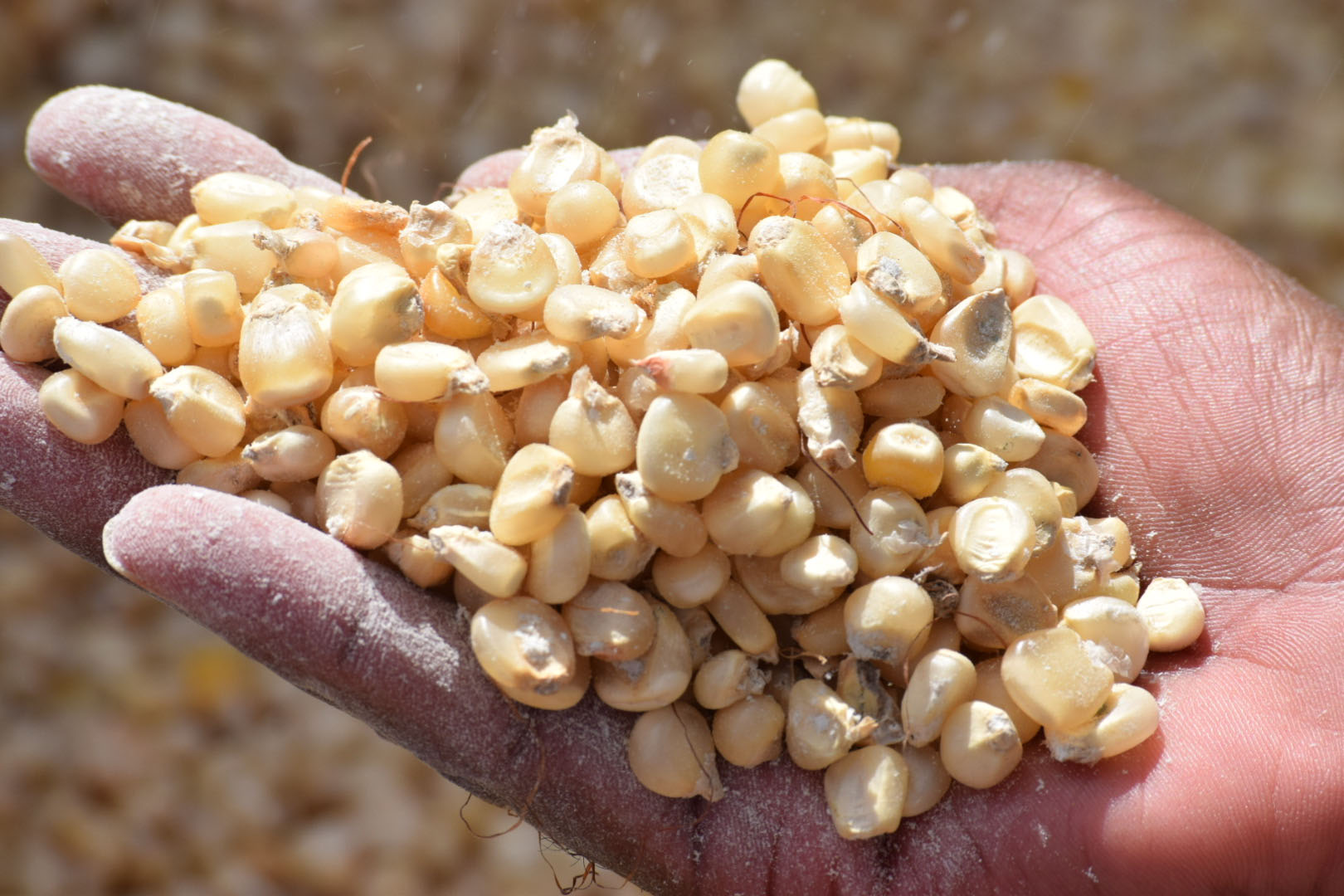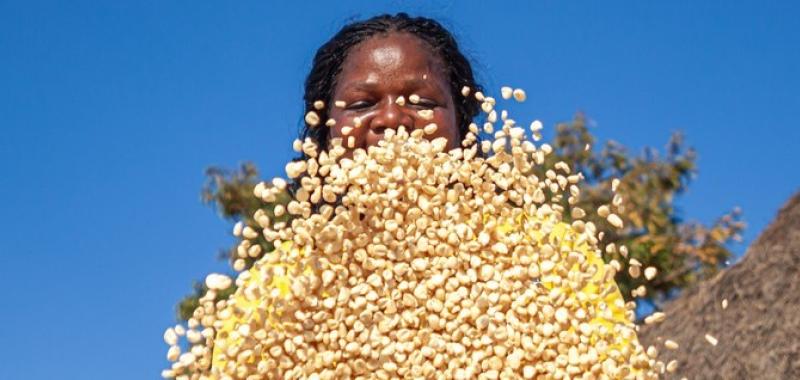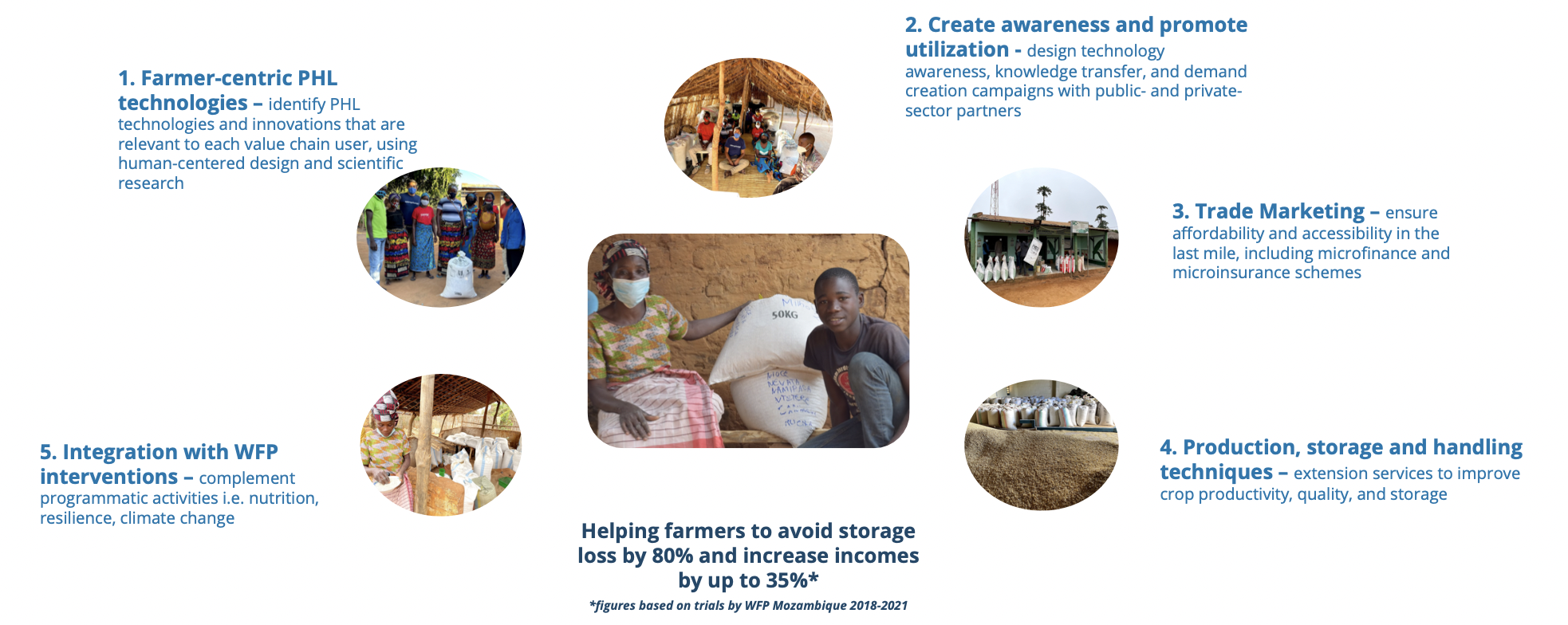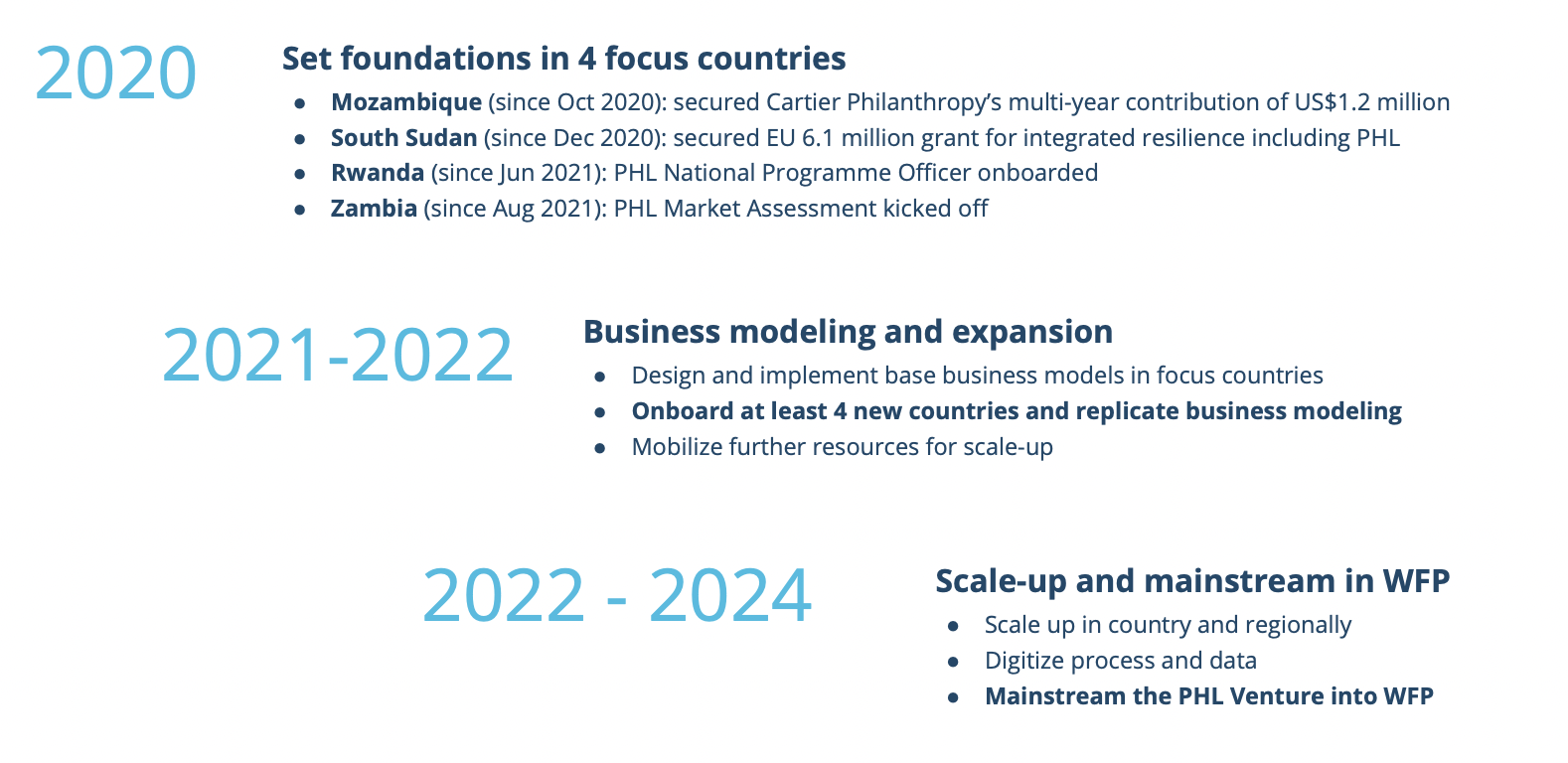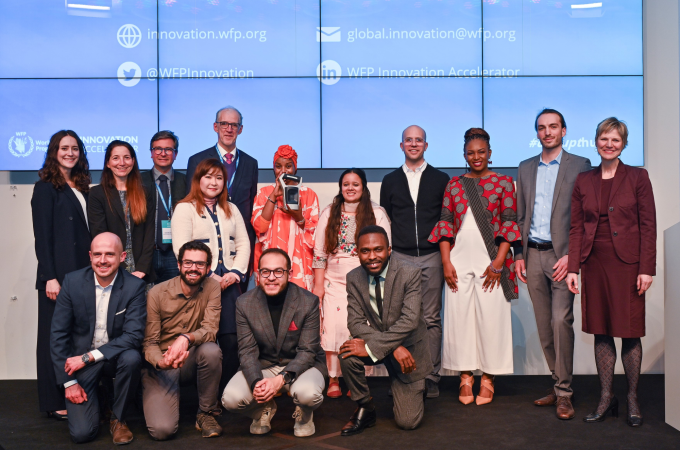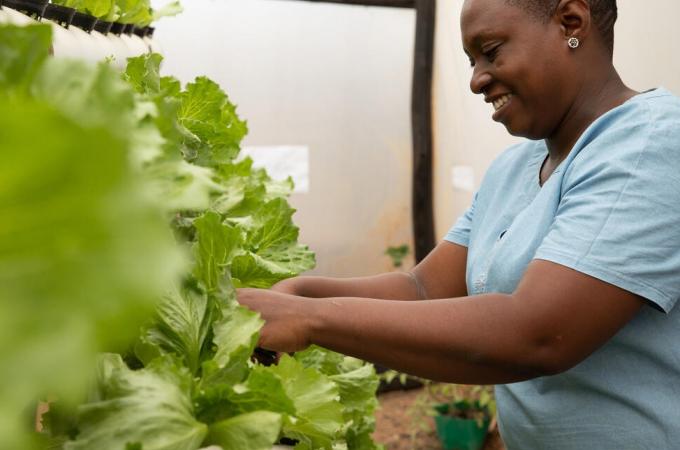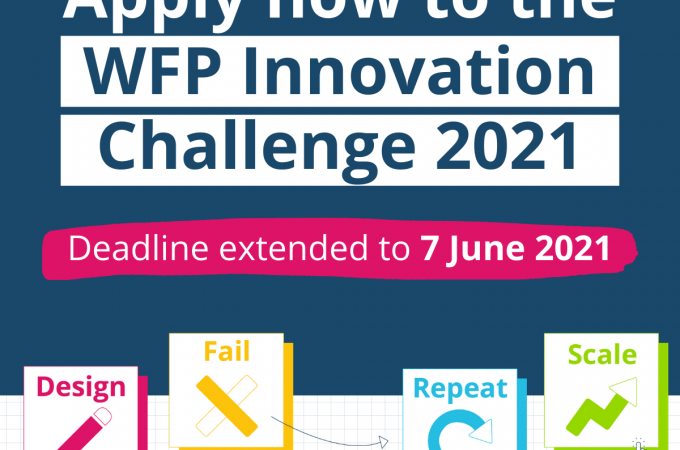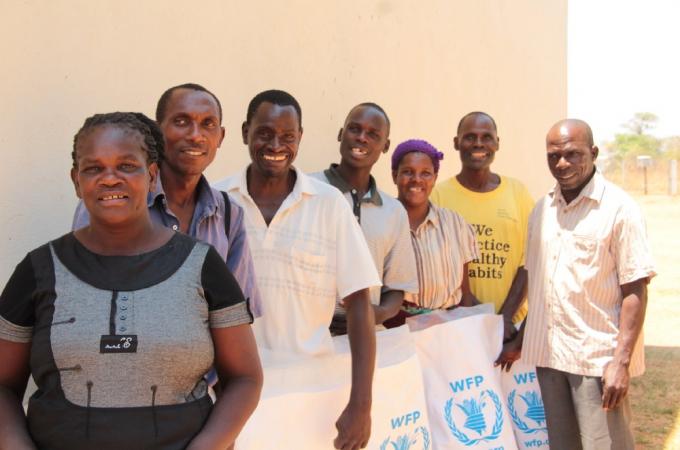The PHL Venture is implementing innovative business models to increase the adoption of post-harvest loss technologies while ensuring commercial viability for value chain and supply chain actors.
For instance, one of the proven PHL technologies is the hermetic bag, which can help reduce household storage losses compared to currently used raffia bags. Demonstrations with targeted farmers have proven the cost-effectiveness, productivity, and simplicity of using hermetic bags. Likewise, farmers showed a high interest in adopting the technology.
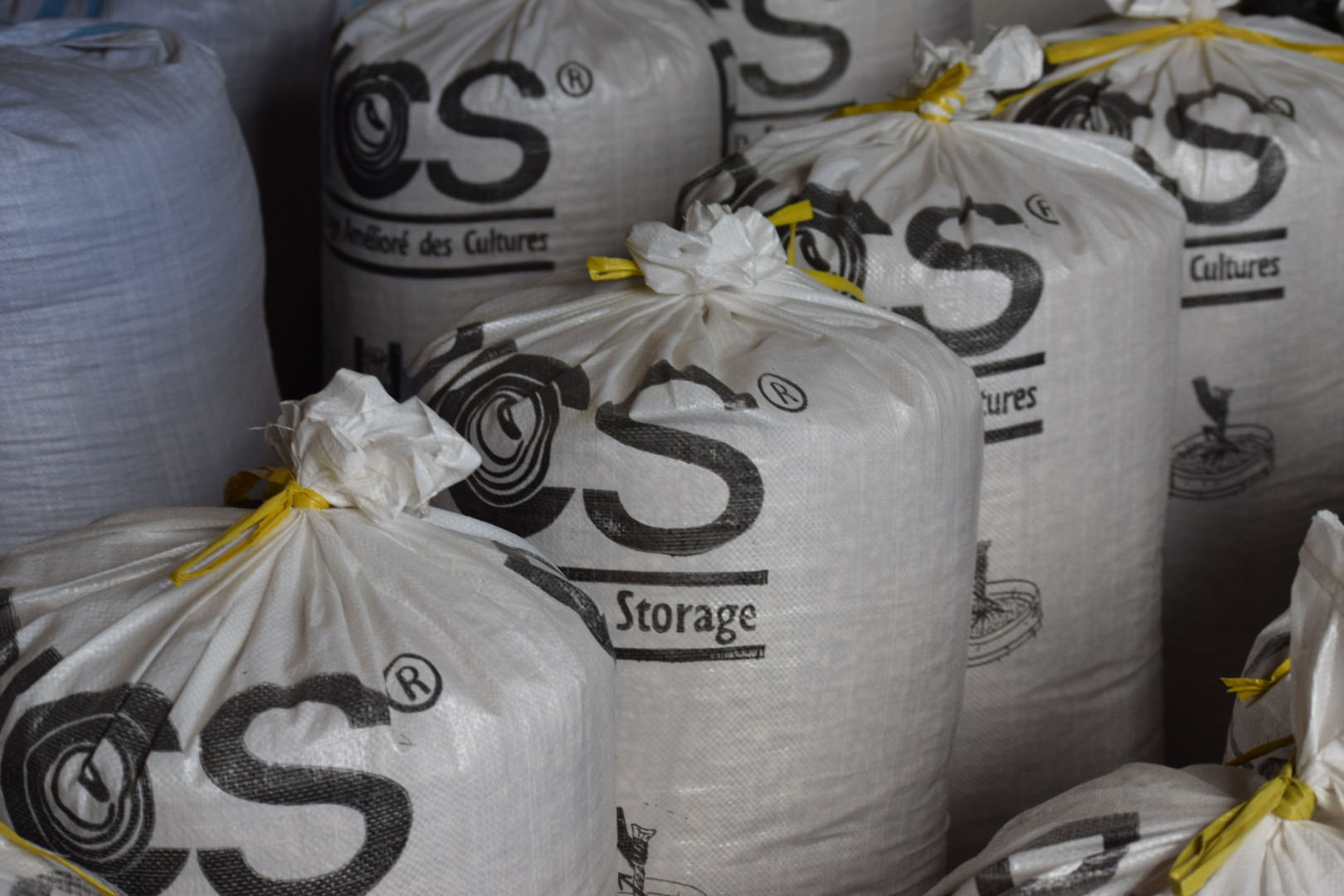
However, to increase adoption rates and build demand for a sustainable market, innovative models must be developed in the value chain at specific entry points, including: i. lean and in-time distribution of equipment from manufacturers to the communities; ii. cost-effective digital and analogue extension services; iii. data gathering and management through digital technologies; and iv. micro-financing facilities for smallholder farmers to access agricultural inputs, including proper handling and storage equipment, among others.
Proven models will be scaled, and local knowledge networks will be created, building on partnerships with the private sector, governments, nongovernment organizations (NGOs) and United Nations agencies.
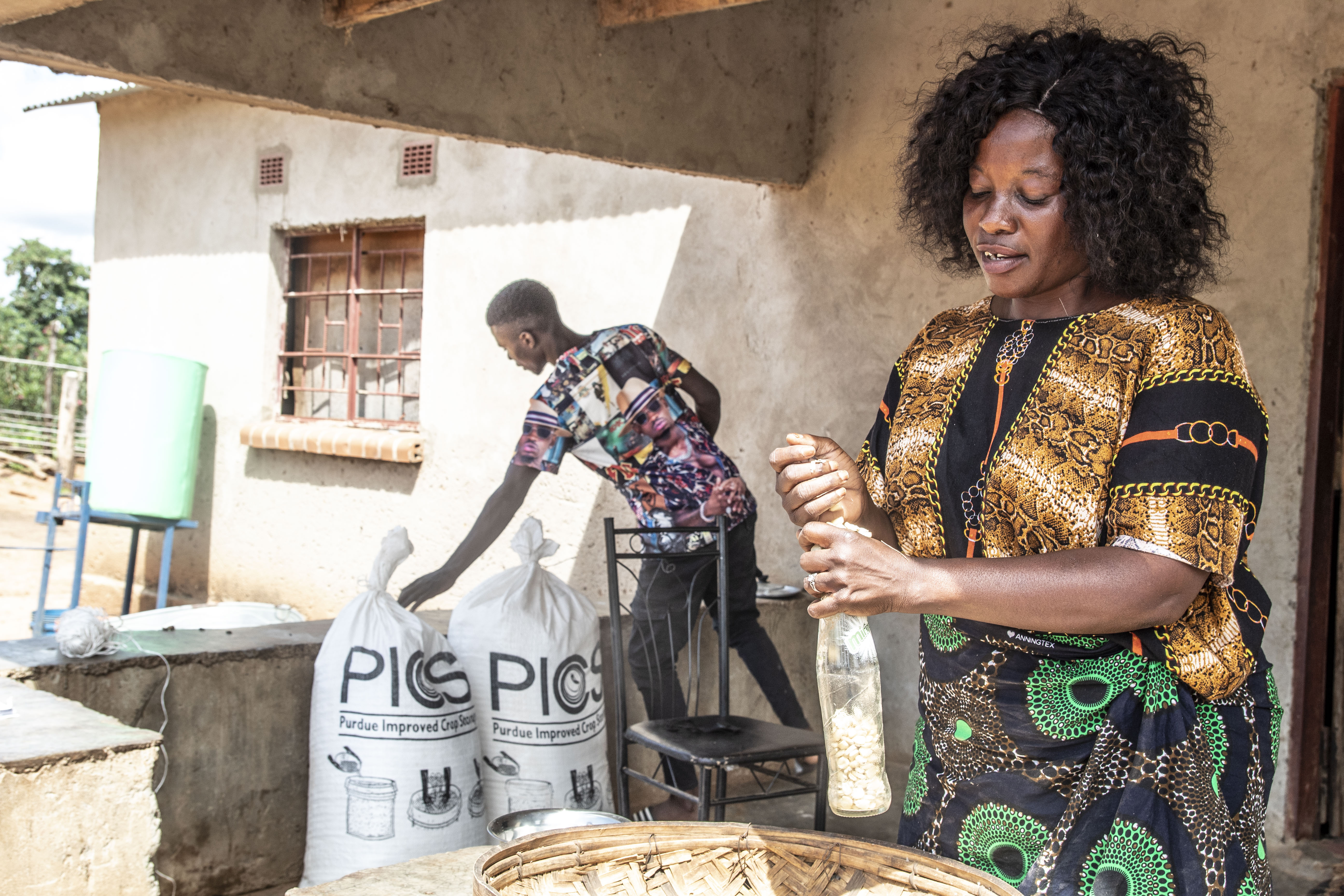
In Mozambique, WFP supported the supply chain of hermetic bags, resulting in 3,157,817 being sold country wide in 2023. In 2024, the innovation prevented 1,416 metric tons of crop losses valued at US$447,747 by adoption of post harvest equipment like hermetic bags in the country. Additionally, 68,668 smallholder farmers (including 33,492 women) received training on post harvest management.
In 2023:
- In Zambia, 63 Ministry of Education staff were trained in storage and management for the Home-Grown School Meals programme, benefiting 1.9 million learners, providing meals in some schools and reducing dropouts.
- In South Sudan, PHL Venture enhanced post-harvest loss technologies for over 2,500 farmers, providing 1,612 hermetic storage solutions and constructing 15 improved granaries, aiding over 2,000 households with secure grain and seed storage.
